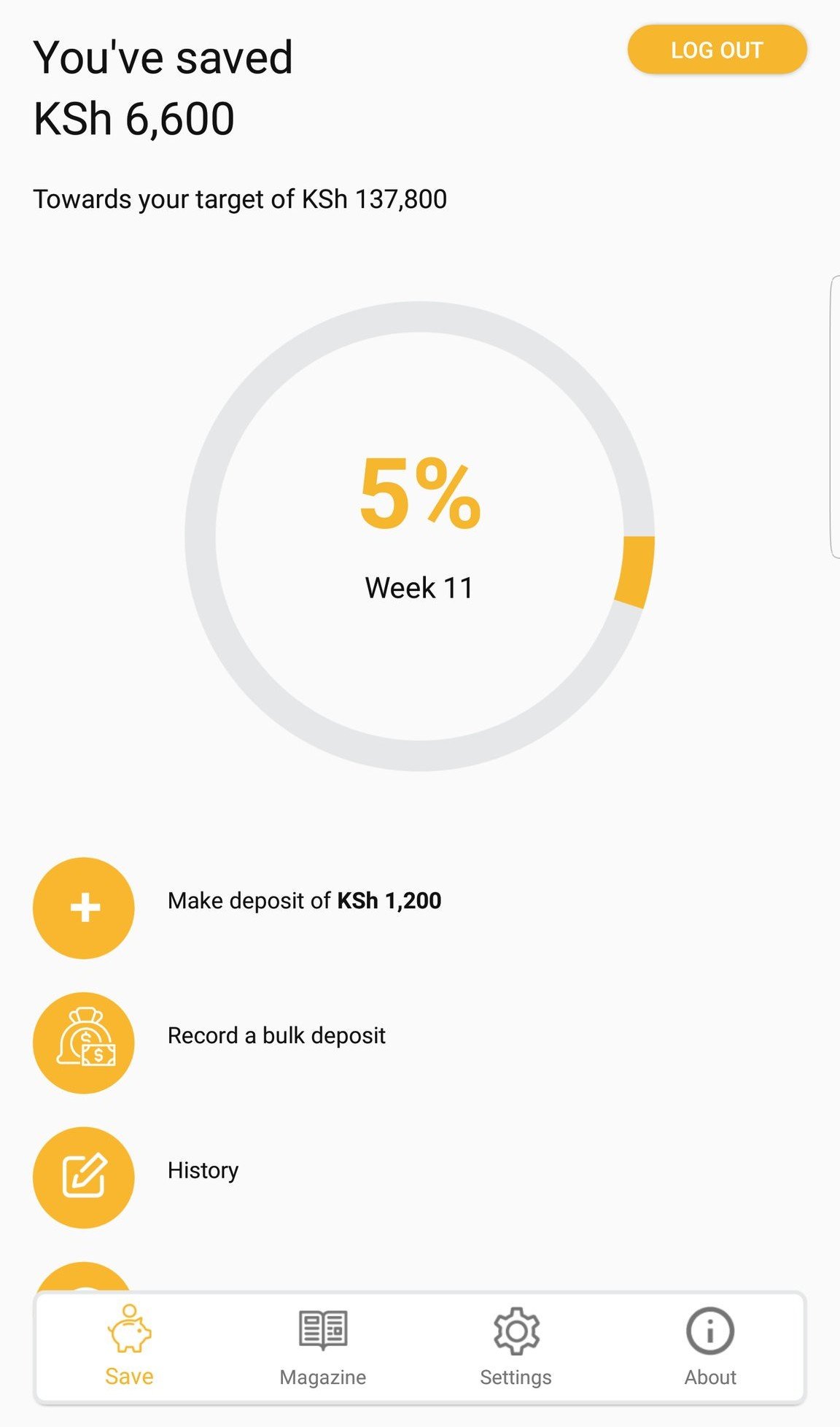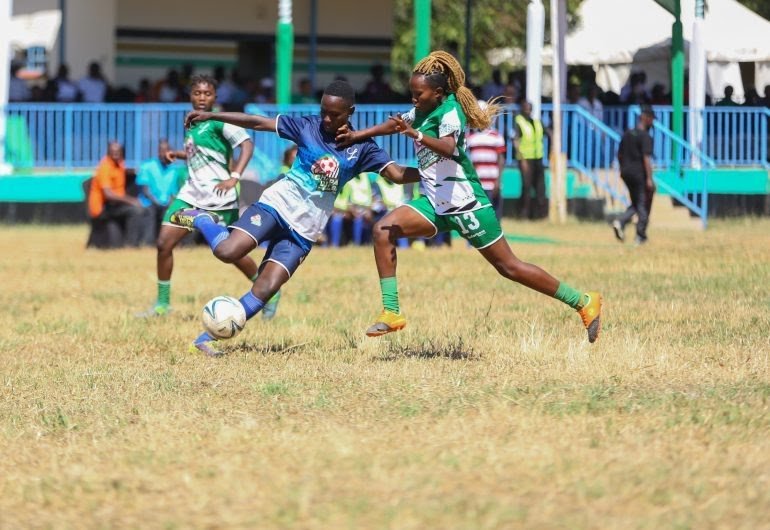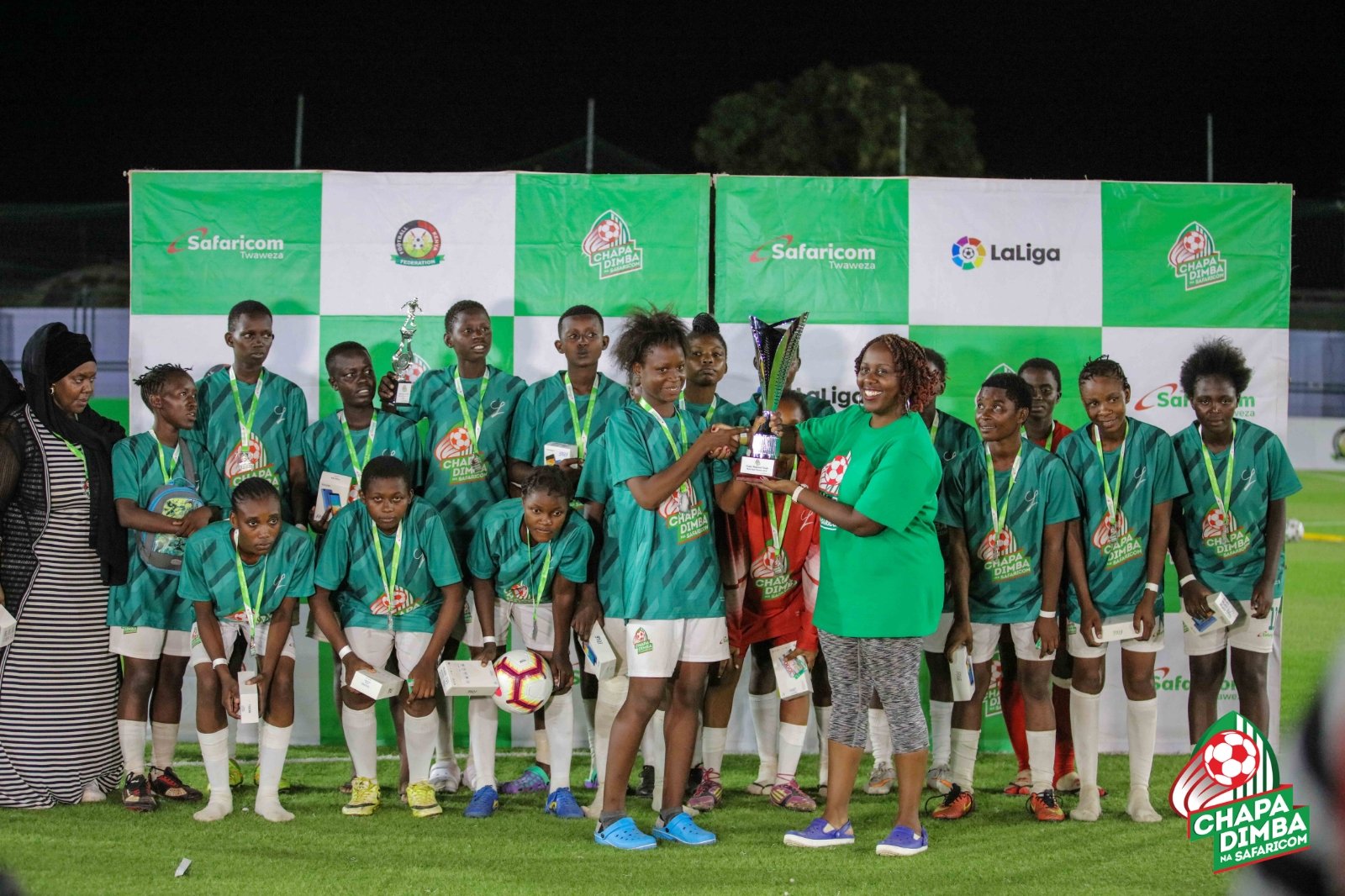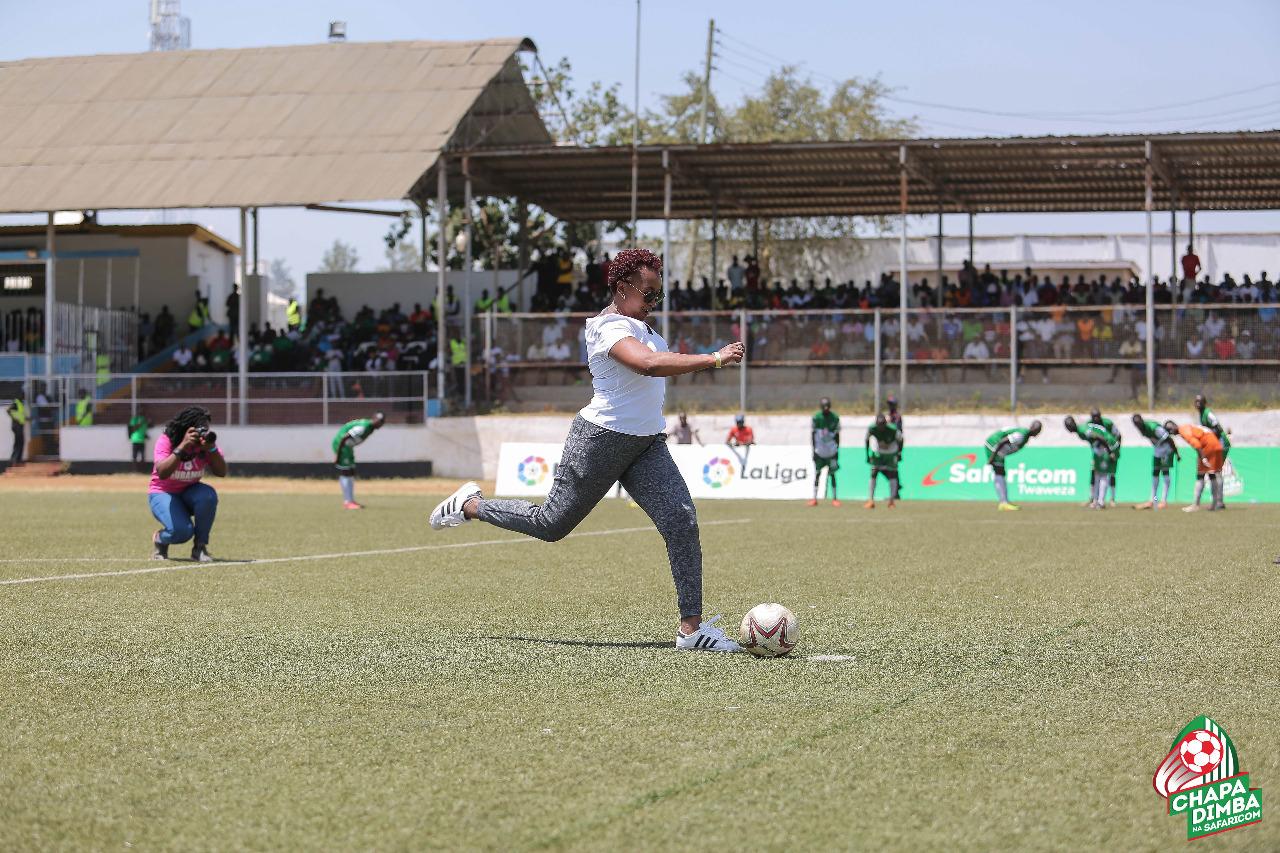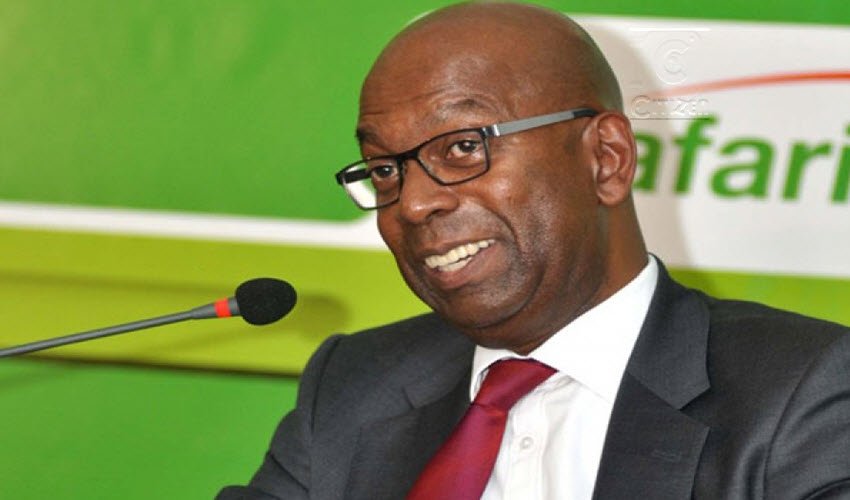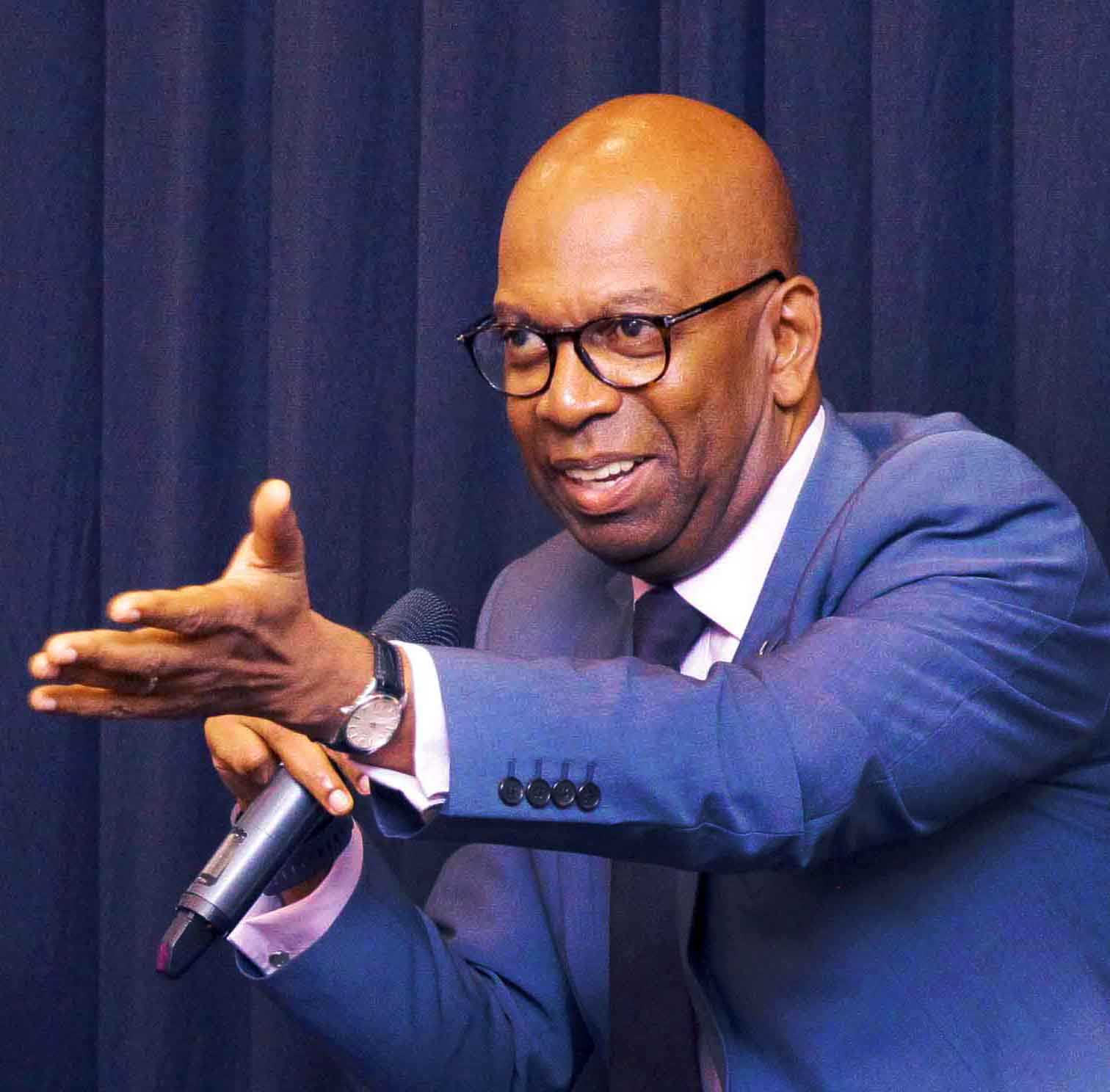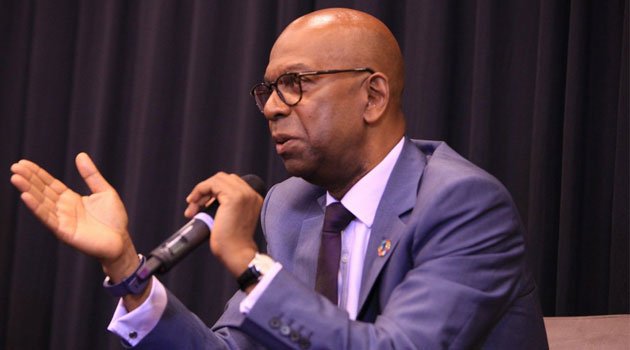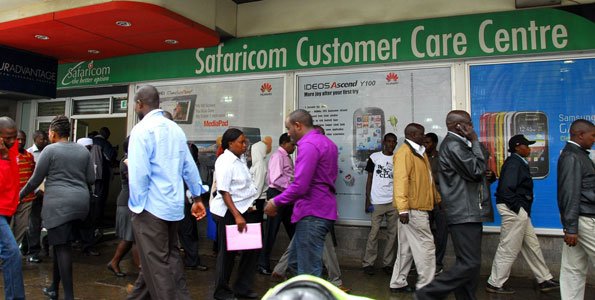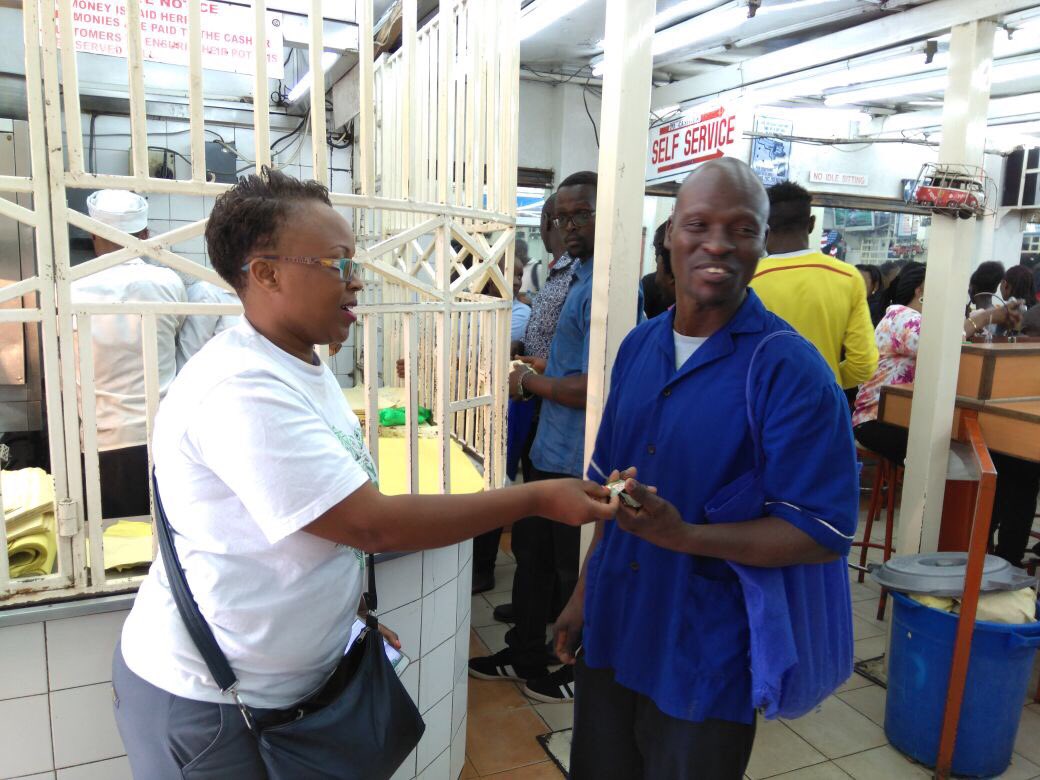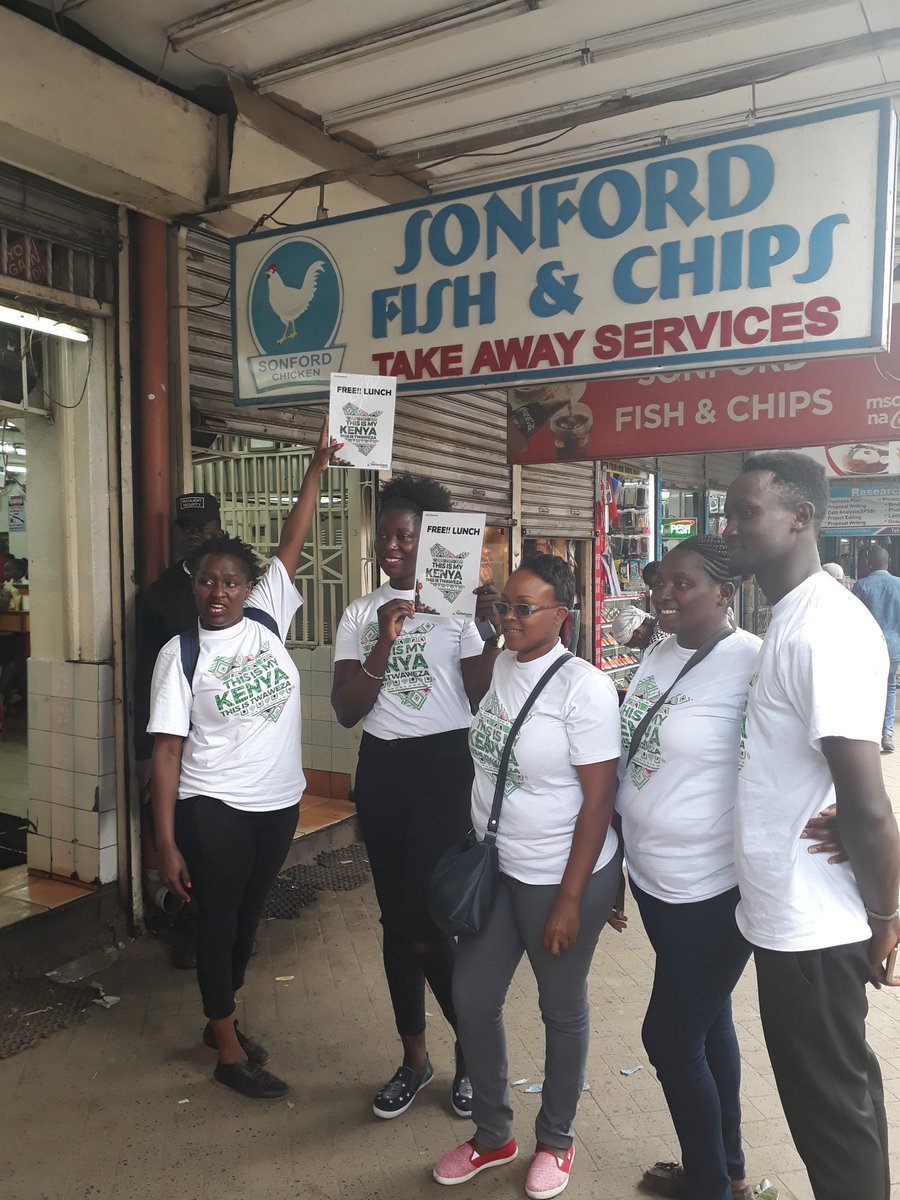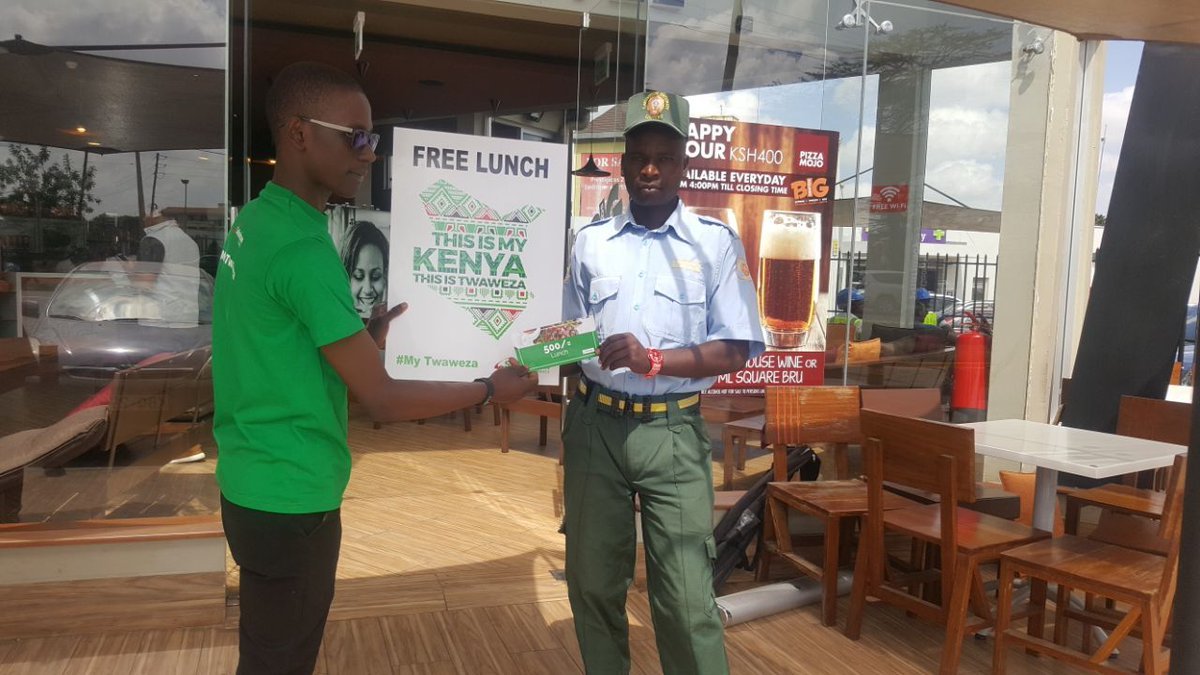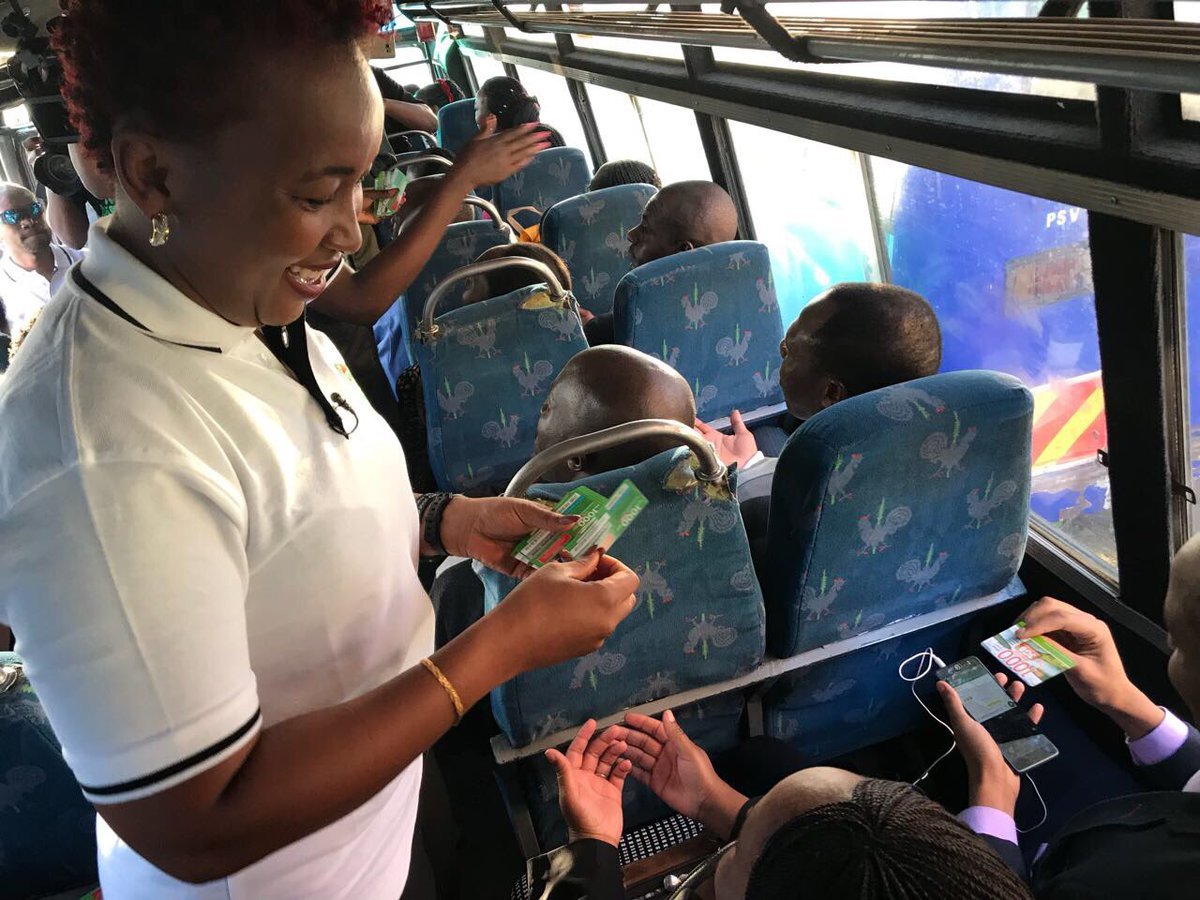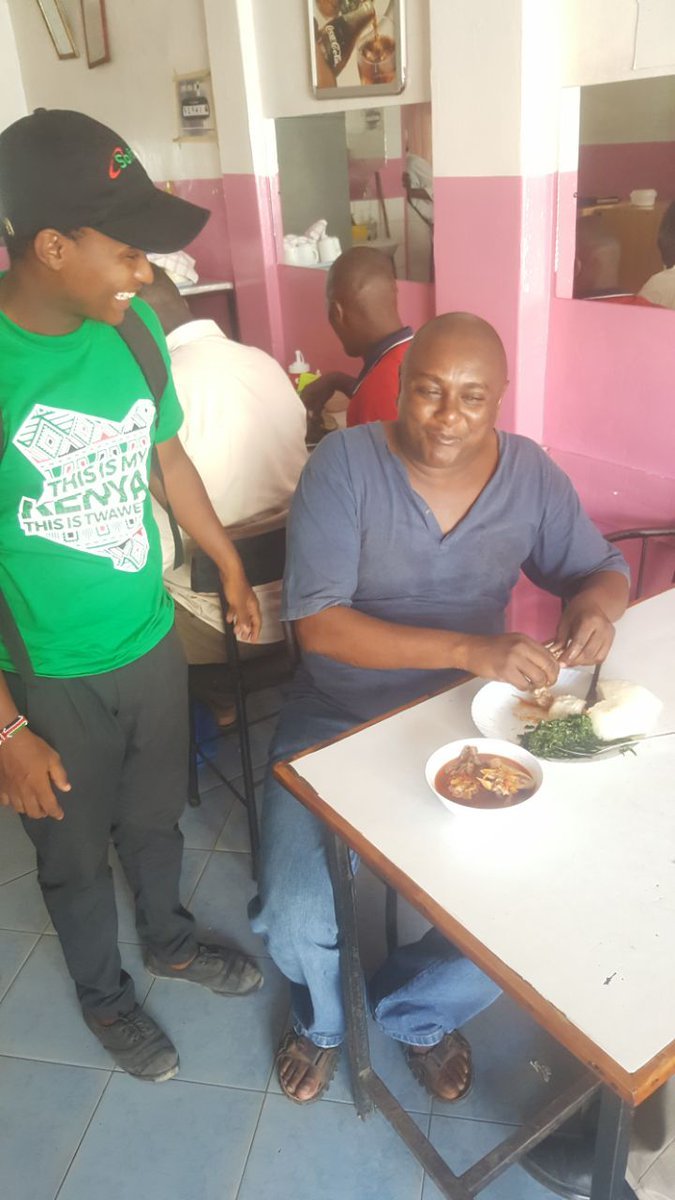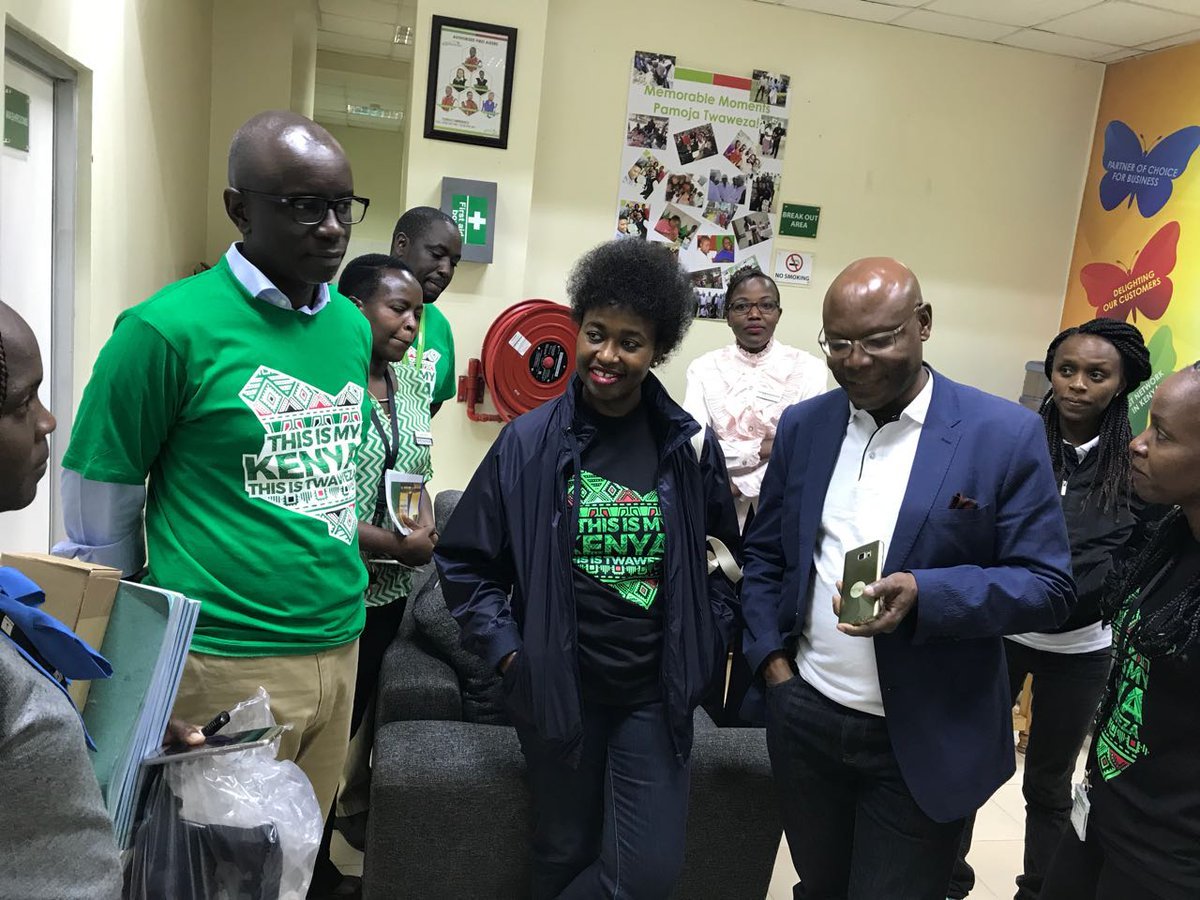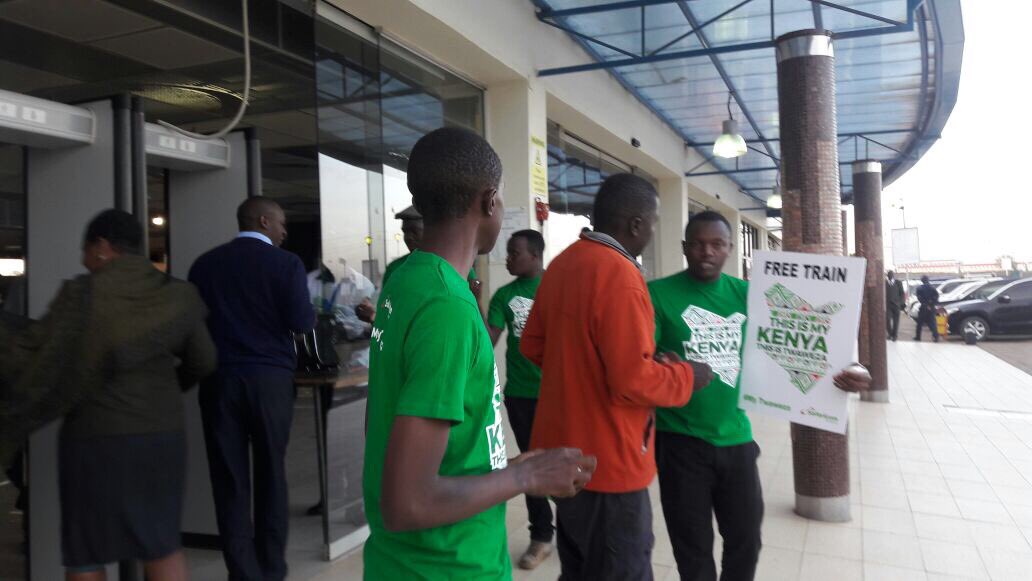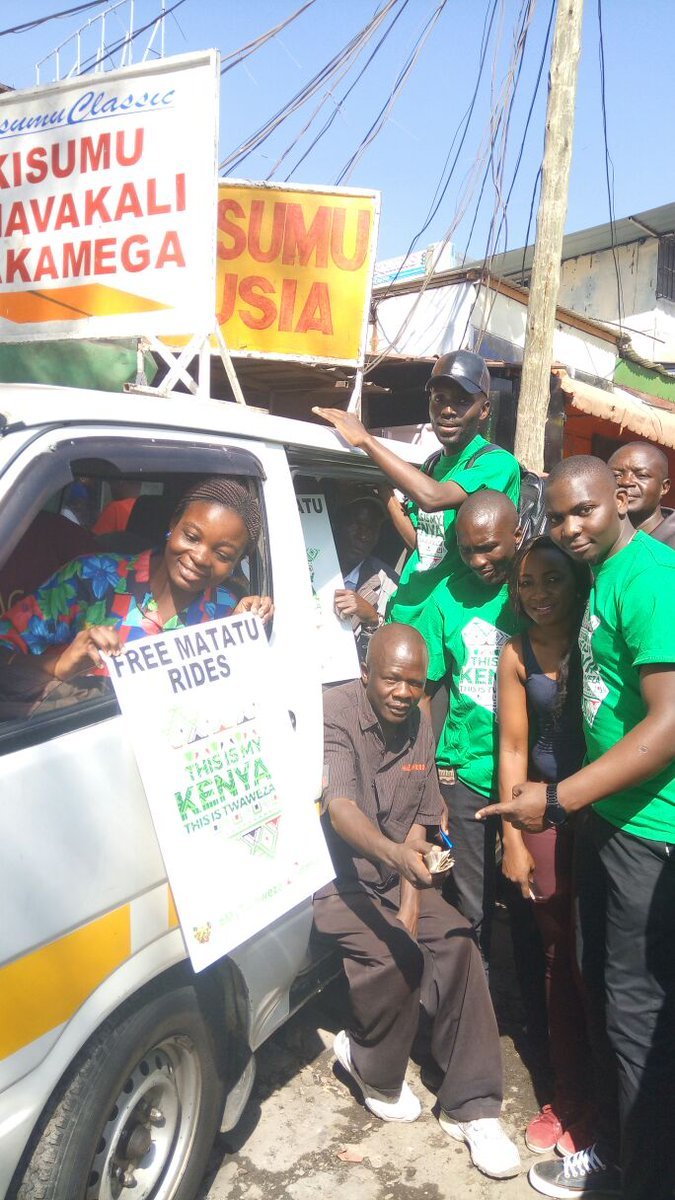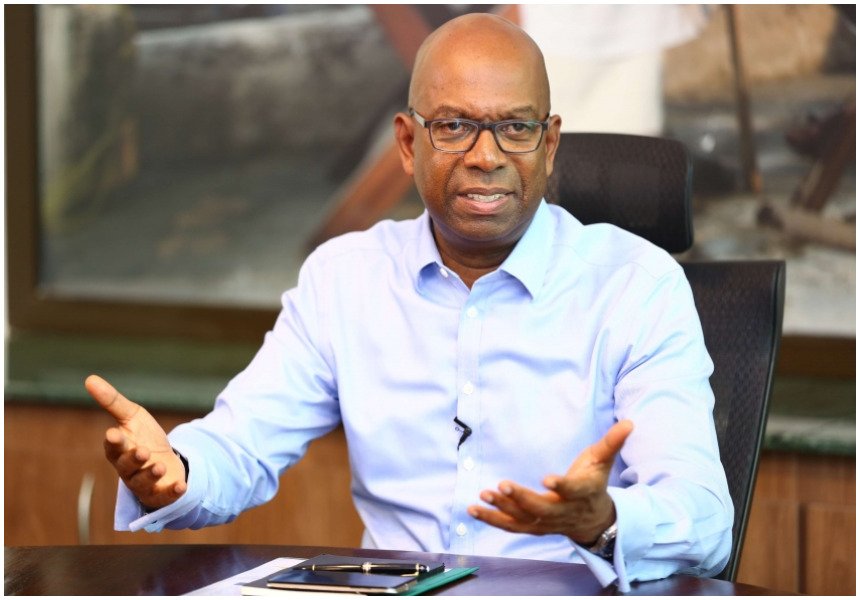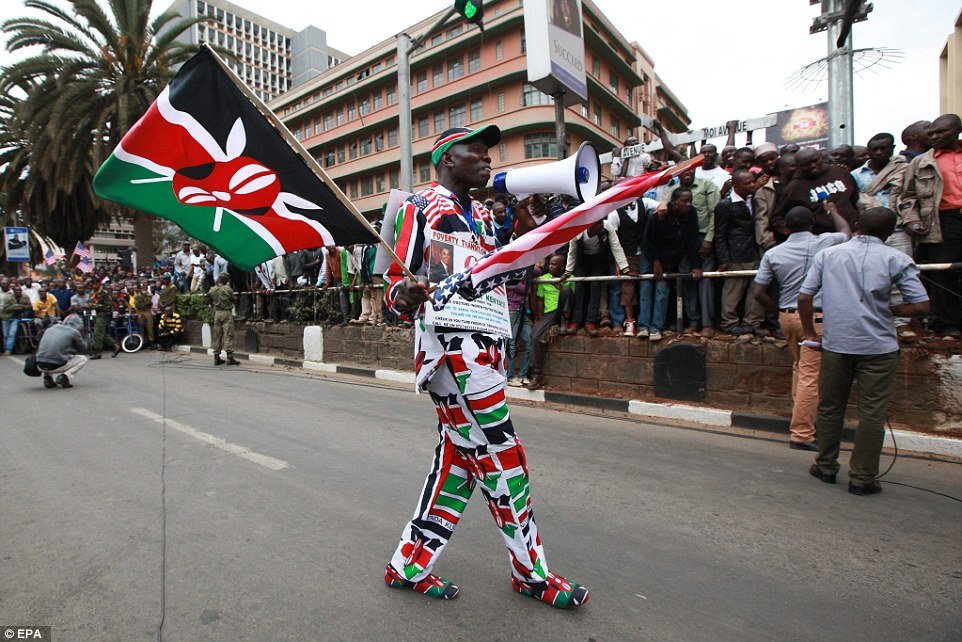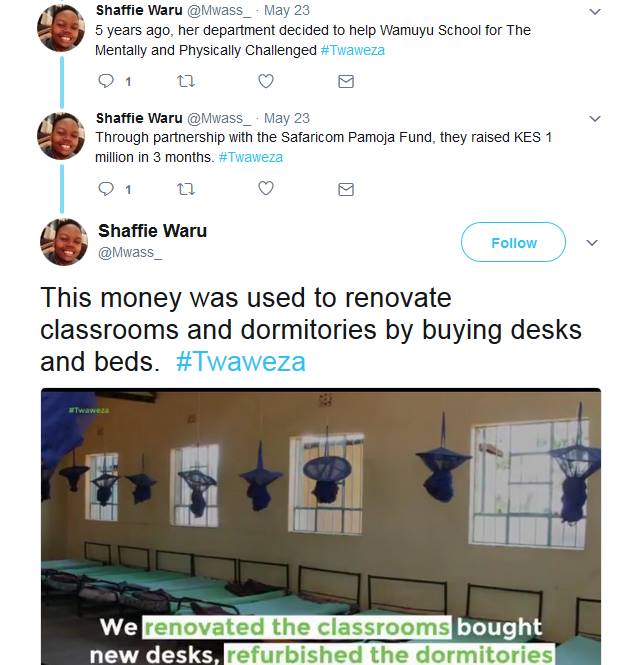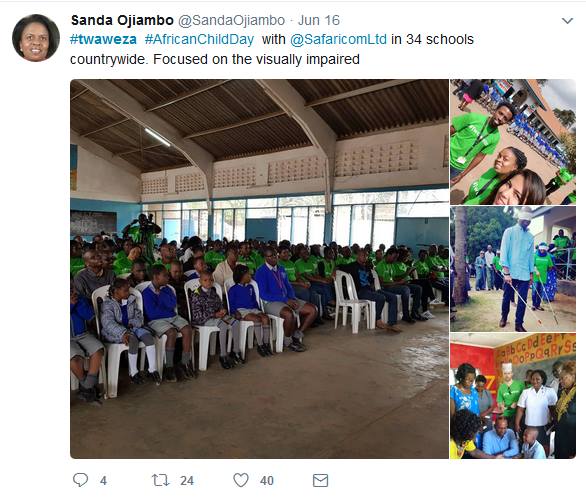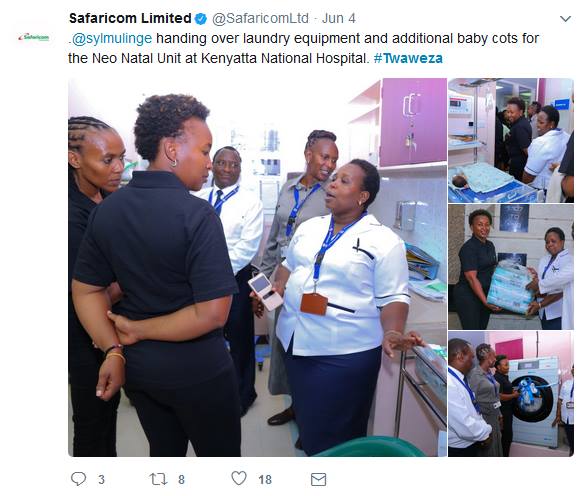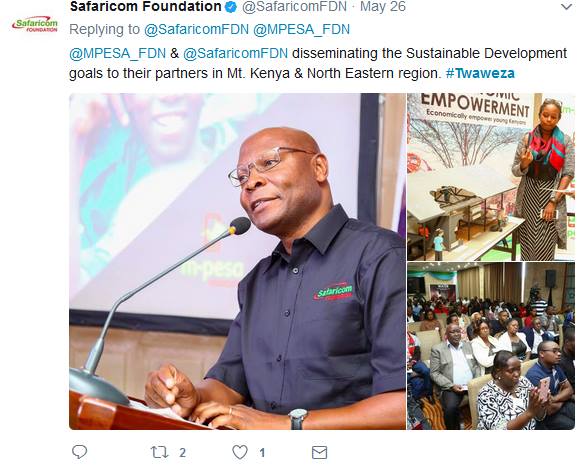Safaricom has dismissed rumors that it has removed M-Pesa as a payment option for Starlink internet services, assuring customers that the method is still available.
The confusion arose after a user on X (formerly Twitter), Gathogo B Mwangi, claimed that Safaricom had discontinued the option. Safaricom responded by clarifying, “Bwana Gathogo, this isn’t true. The option is still there. Please reach out if you encounter any problems.”
CHECK OUT:
Safaricom CEO Apologizes for Network Outage, Denies Data Sharing During Protests
Starlink, SpaceX’s satellite internet service, launched in Kenya in July 2023, targeting remote areas where traditional internet providers, such as Safaricom, have limited reach. Recently, Starlink introduced an option to rent its equipment for KSh 1,950 per month or purchase it for KSh 45,500, intensifying competition in the market.
To attract Kenyan customers, Starlink offers two main packages: a 50 GB data plan with speeds up to 200 Mbps for KSh 1,300 (with extra data costing KSh 20 per GB), and an unlimited data plan with speeds up to 100 Mbps for KSh 6,500 (USD 50) per month. This aggressive pricing strategy aims to capture a significant share of the local market.
ALSO CHECK OUT:
Safaricom Acknowledges M-Pesa Message Issue For Some Android Users, Offers Solution
Kenya’s established internet providers like Safaricom, Zuku, Airtel, and Jamii Telecommunications (Faiba) offer various plans at different price points. Safaricom’s packages range from 10 Mbps for KSh 2,999 to 100 Mbps for KSh 12,499. Zuku offers speeds starting at 10 Mbps for KSh 2,799 up to 60 Mbps for KSh 5,999. Airtel provides 5G plans ranging from 10 Mbps at KSh 3,500 to 50 Mbps at KSh 7,500, while Faiba offers up to 140 Mbps for KSh 20,000.
Starlink’s entry has sparked a debate in Kenya, with many social media users favoring its service over traditional providers due to challenges like government-imposed internet disruptions during politically sensitive periods. Unlike cable-based networks, Starlink’s satellite system is unaffected by such outages.
Faced with this increased competition, Safaricom has called on the Communications Authority of Kenya (CA) to regulate satellite internet providers like Starlink and ensure they collaborate with local companies rather than operate independently. The CA has responded by saying it reviews regulatory concerns raised by service providers and takes action as needed.
With its competitive pricing and advanced technology, Starlink has introduced strong competition to Kenya’s internet market. This new dynamic may push all providers to enhance their services to better cater to consumer needs.






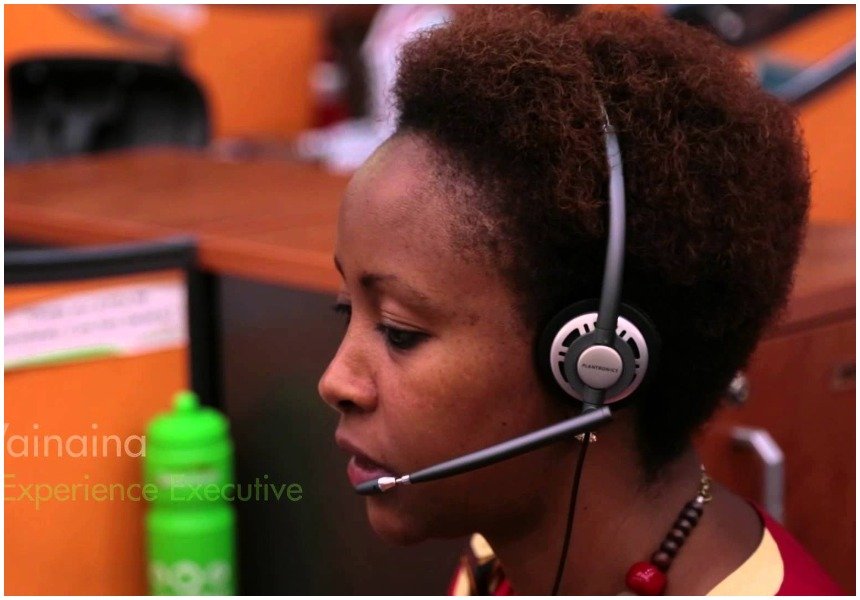



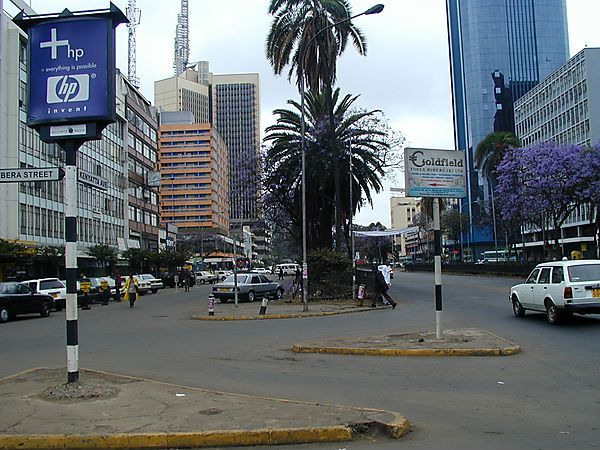


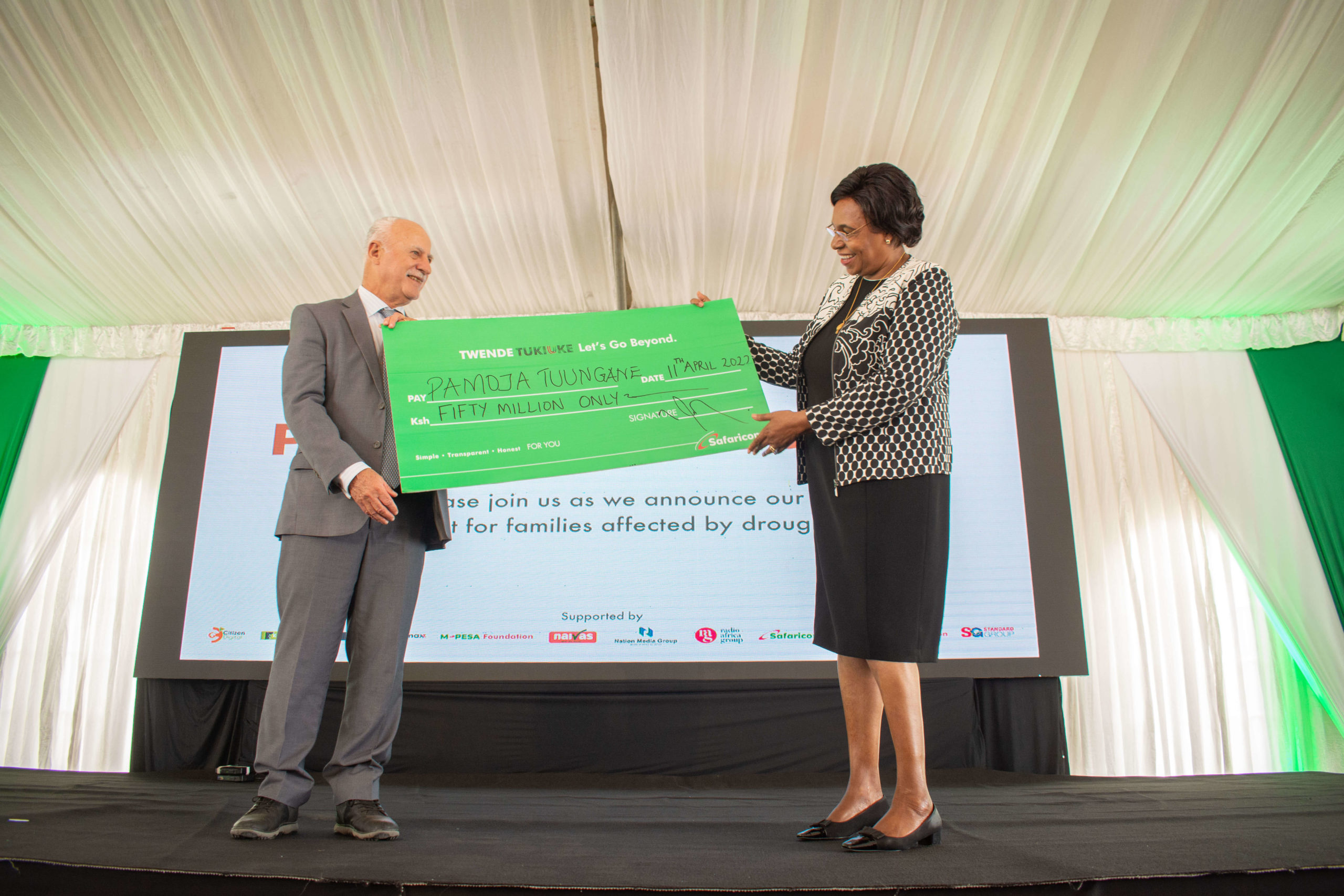

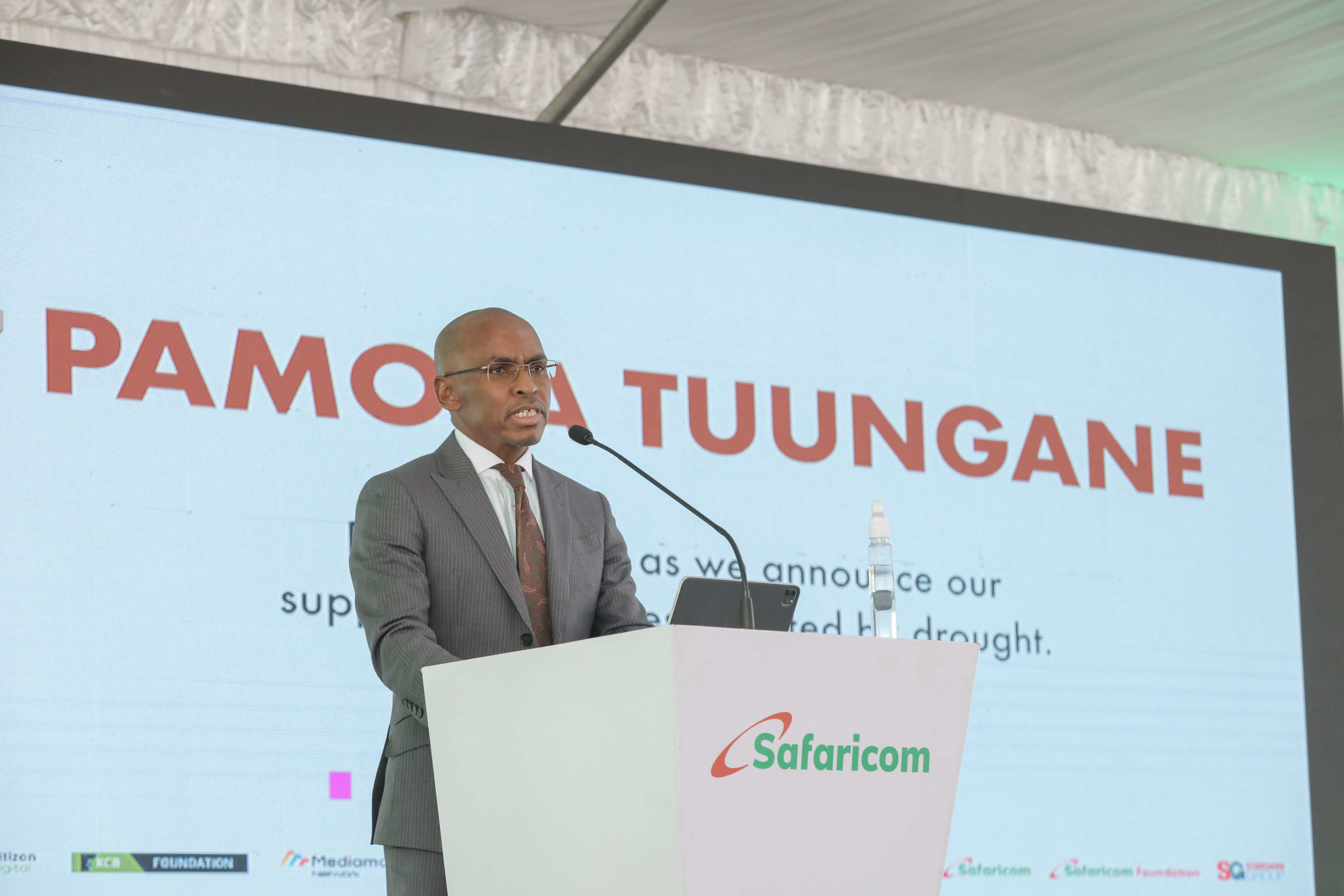

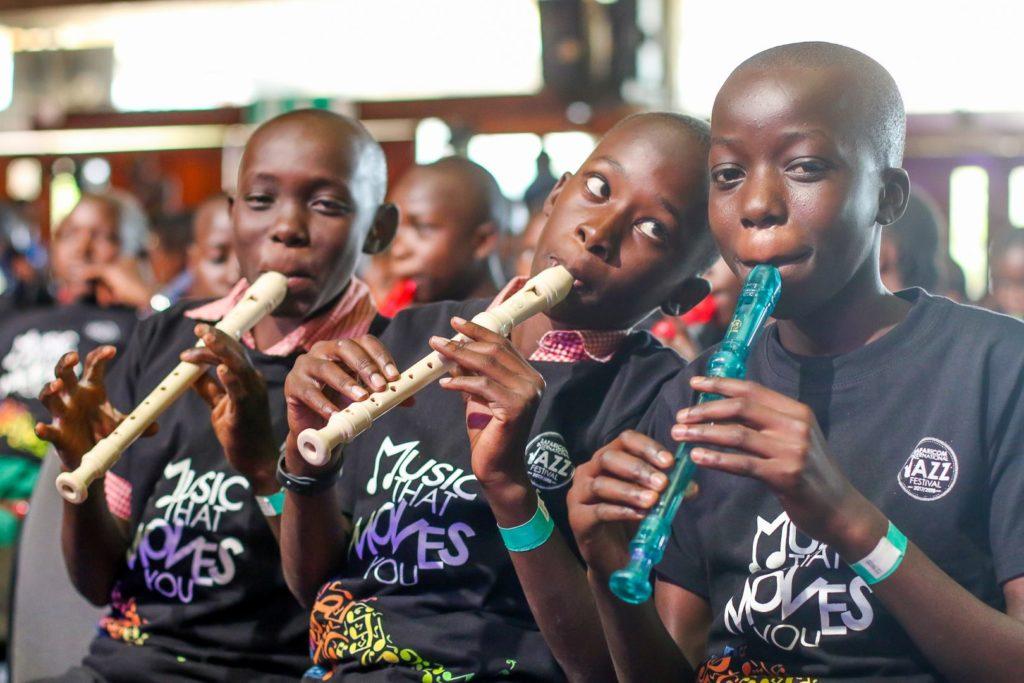

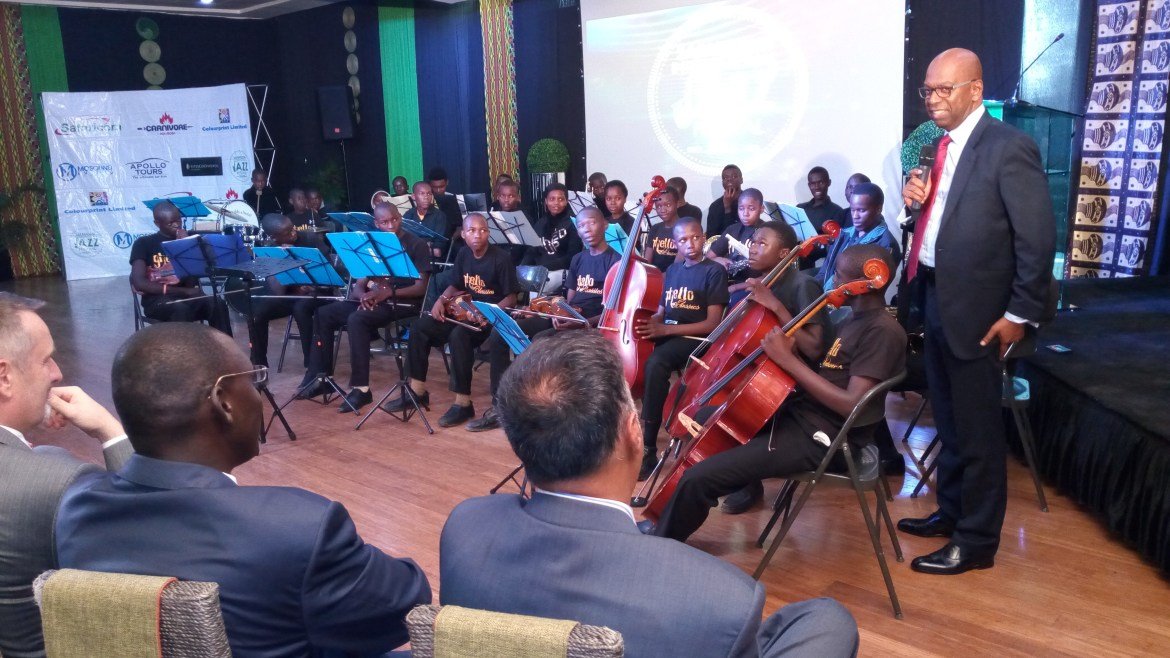
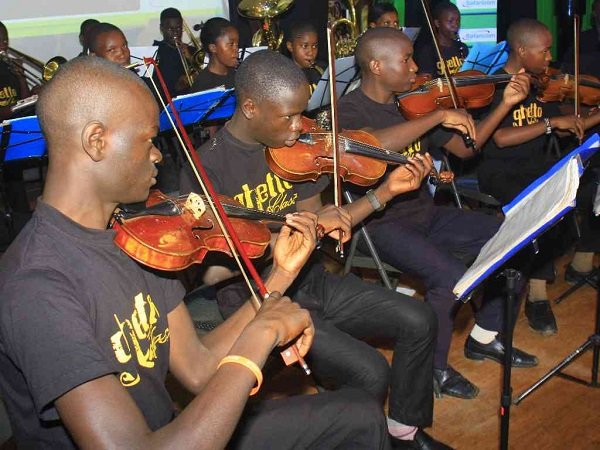

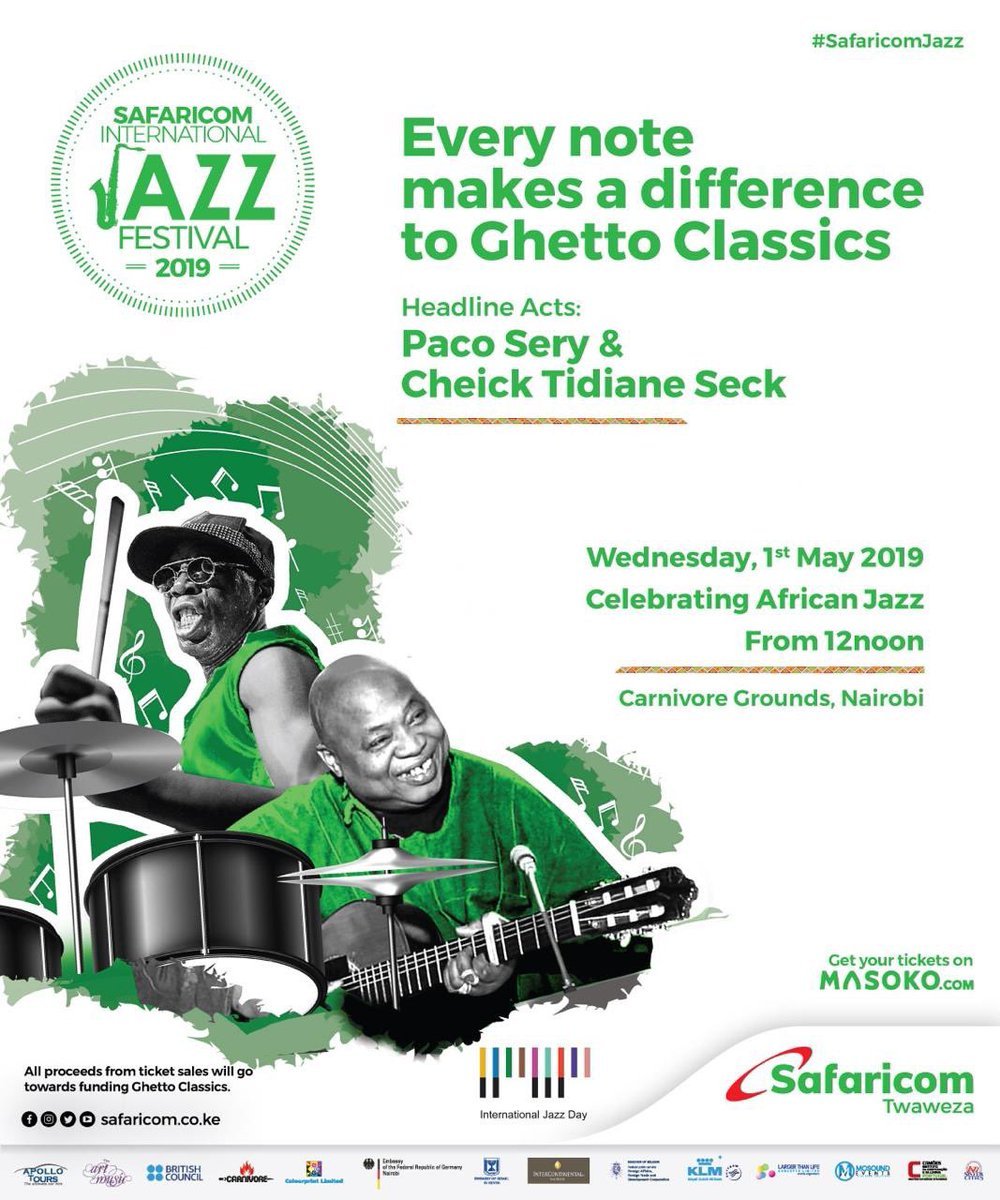


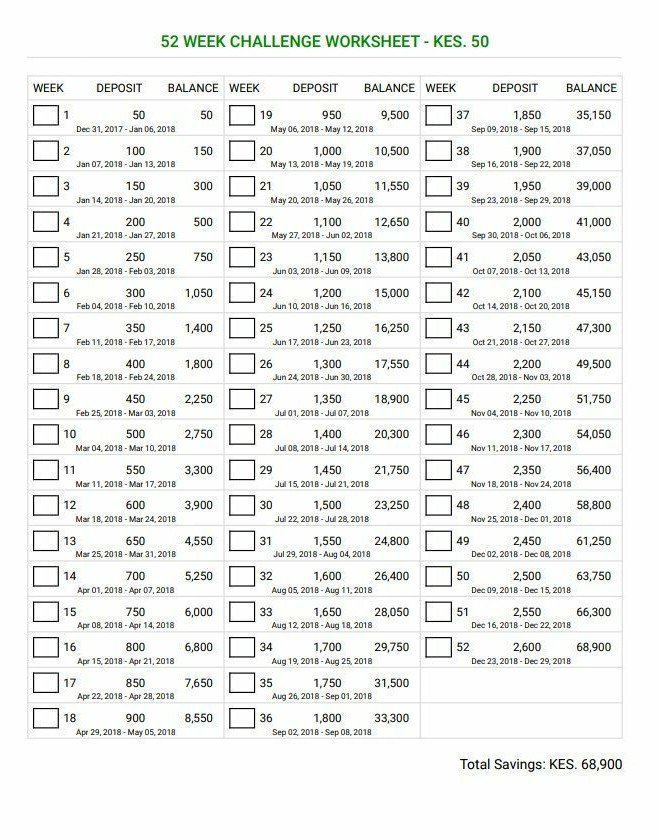 You must be wondering what to do if you just learnt of this challenge which implies that you did not start saving from the first week of January. No need to worry. What I love most about the 52-week challenge is that it’s never too late to start.
You must be wondering what to do if you just learnt of this challenge which implies that you did not start saving from the first week of January. No need to worry. What I love most about the 52-week challenge is that it’s never too late to start.